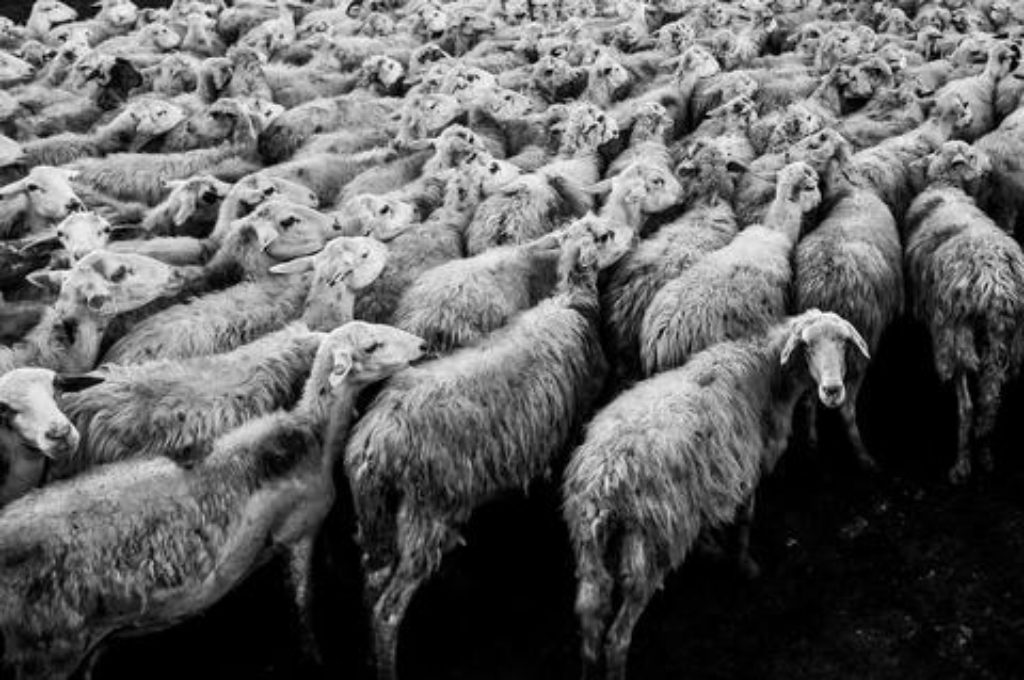How Genetically Modified Organisms (GMOs) Enter the Food Chain in non-GMO Producing Countries
How Genetically Modified Organisms (GMOs) Enter the Food Chain in non-GMO Producing Countries - by Tatjana Brankov A superficial review of the legislation on transgenic foods and feeds indicates that consumers in non-GMO producing countries consume GMO-free food. However, less attention is paid to the fact that GMOs can enter the food chain through the import of transgenic foodstuff and feedstuff or by contamination. In some countries, transgenic food production is fully equal to conventional production. The concept of substantial equivalence, developed by the OECD and further elaborated by FAO/WHO “embodies the concept that if a new food or food component is found to be substantially equivalent to an existing food or food component, it can be treated in the same manner with respect to safety, i.e. the food or food component can be concluded to be as safe as the conventional food or food component” (FAO/WHO 1996). Such a…
Excessive use of antimicrobials in intensive livestock farming as One Health issue
Most antibiotics in livestock farming are used in aquaculture, but significant amounts are also used in terrestrial livestock species, particularly in poultry and pigs. Approximately 70% of antibiotics are used for non-therapeutic purposes, i.e. many antibiotics are used in sub-therapeutic doses and over prolonged periods, which leads to the development of genes that confer antimicrobial resistance to animal pathogens. These genes can subsequently be transferred to human pathogens and it is estimated that 75% of recently emerging diseases in humans are of animal origin. Antimicrobial resistance (AMR) problems are further exacerbated by the fact that antibiotic resistance genes were found in bacteria long before antibiotics were ever used on super-pathogens in farm animals. AMR is a worldwide problem, which clearly affects both animal and human health, and hence it is truly One Health issue.
Workshop on “Food Security: Infectious Diseases in Farm Animals”- Invited Lectures, Day 2
St. Catherine’s College, Manor Road, Oxford, UK, 4-7th April 2016 Attended by M Djuric, CAB International, Wallingford, UK, on 5th April 2016 (Day 2) This workshop meeting was jointly organised by the Pirbright Institute, Woking, UK and Cairo University, Egypt and was sponsored by the British Council Research Links Programme. The aims of the workshop…
Workshop on “Food Security: Infectious Diseases in Farm Animals” brings together animal and veterinary scientists from Egypt and the UK
St. Catherine’s College, Manor Road, Oxford, UK, 4-7th April 2016 Attended by M Djuric, CAB International, Wallingford, UK, on 5th April 2016 (Day 2) This workshop meeting was jointly organised by the Pirbright Institute, Woking, UK and Cairo University, Egypt and was sponsored by the British Council Research Links Programme. There were 50-60 delegates in attendance…
Veterinary visits to become mandatory in European farming
By Miroslav Djuric, DVM, CAB International, Wallingford, UK The European Agriculture Council has formally approved a draft law on animal diseases that are transmissible among animals and potentially to humans (zoonoses). The provisions in the law on farm animal health visits stipulate that professional animal owners are to receive regular animal health visits from a…
New study produces biofuel and animal feed from the same crop
‘First generation’ bioethanol is produced directly from food crops such as corn and sugarcane. Global production of bioethanol has been increasing in recent years due to policies in many countries that consider biofuel as a renewable alternative to fossil fuels. While it is widely recognised as means to improve future energy security, the rapid expansion…
Animal Genetic Research Increasingly Focuses on Medical and Pharmaceutical Markets rather than on Food Production
According to a recent report by the World Intellectual Property Organization (WIPO), patenting activity in the field of animal genetics is focusing on medical and pharmaceutical markets, rather than animal products for human nutrition. A vast amount of scientific literature on animal genetic resources, transgenic animals and patents in this field is available in the CAB Direct database. The literature, which originates from more than 150 countries and is published in over 50 languages, is translated and indexed by CABI’s specialists for easy searching. The CAB Direct database currently contains more than 23,000 references with abstracts on animal genetic resources.
Can music feed our love of food?
Many people like a little music while they dine, but does music have the potential to improve the meal itself? A delve into the CAB Direct database shows that there have been many studies on the impact of playing music to animals, but little consistency in the results, other than a general negative response to…


